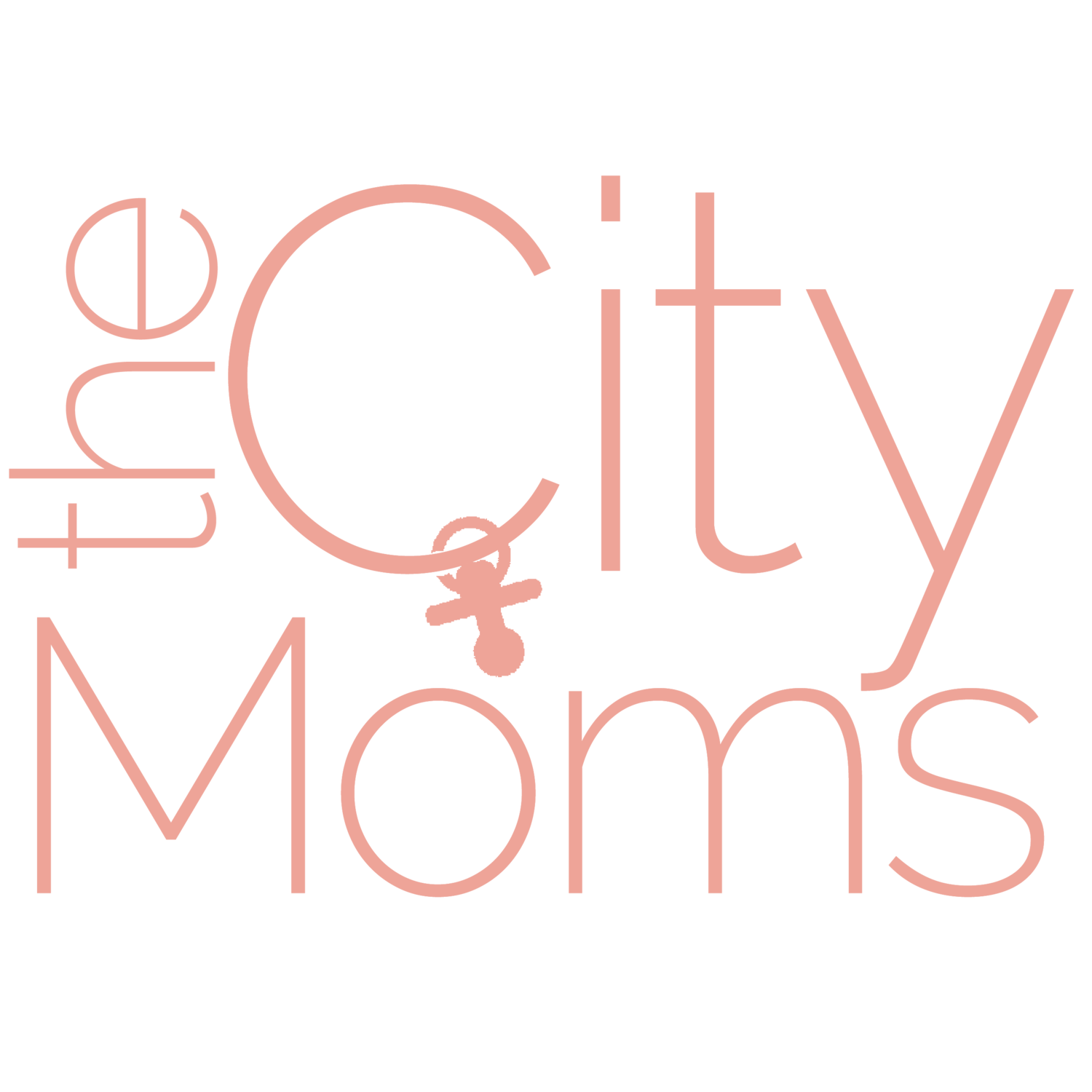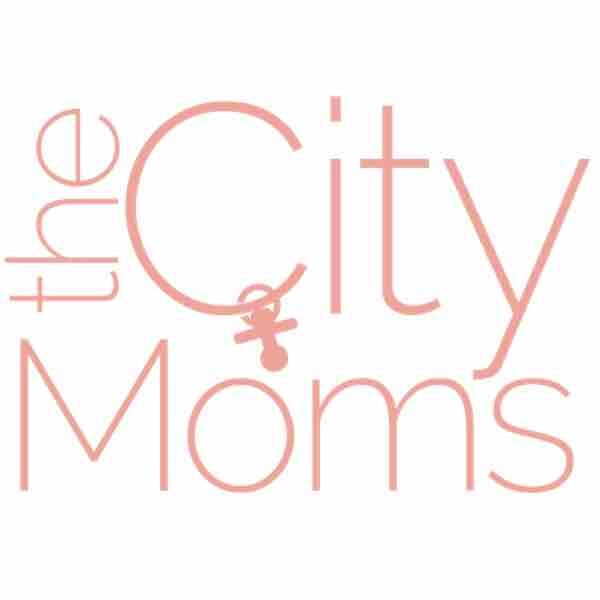Yes, there’s a formula shortage happening right now
Through all the COVID shortages we’ve experienced - paper towels, lumber, childcare, and avocados - none might be labeled as dire as the most recent: Baby formula.
Our ability to feed our babies is literally at risk.
(Before I proceed any further, let us share a gentle reminder of Rule #2 in our CityMoms community: Every mom parents in her own perfect way. This means what works for one mama is perfect for her, even if it’s in contrast to your own perfect way of parenting. Or as Rule #1 so lovingly states: Be courageous and be kind as we’re all in this together. )
While the shortage includes a combo of supply chain issues and a large recent recall of Abbott Nutrition’s Similac, Alimentum, and Elecare lines, it’s leading to empty store shelves and - in some cases - strict purchase limitations.
“I was just at Costco and the cashier was telling a dad that he had to put most of it back due to the new limit,” said CityMom Rachael in our private member community this week.
“I couldn’t breastfeed and that’s OK.” Read one mom’s story here.
For so many moms without time or resources to source where their next container of formula will come from, we’ve pulled together this list of tips on where to look, who to ask, and how to acquire baby formula during the shortage.
Here are a few ways to work around the baby formula shortage:
Call your pediatrician.
From CityMom Britny: “Pediatrician offices get boxes and boxes of the sample cans. Our ped sent us home with three boxes of the cans.” Pediatricians are also known to stay in close contact with their local formula reps and - in addition to an excess sample stock - may be able to point you in the direction of where to find more for purchase.
Check smaller stores or pharmacies.
“For some reason, if I can’t find any - I always found multiple cans of what I needed at Walmart neighborhood market stores,” says CityMom Amanda. If many larger stores like Target, Kroger, and Meijer are your go-to for finding formula, they’re bound to be the faves for other moms too. Use this time to investigate other smaller grocers or pharmacies you may not normally shop to peek at their inventory.
Switch to store brand.
Most experts agree that switching from a name brand to a store brand carries very few side effects if any. (But if your baby is on a special type of formula, check with your pediatrician first.) Target, Walmart, Costco, Sam’s Club, and Kroger all carry store-brand options, just to name a few.
We love the graphic below from Certified Infant Feeding Technician Mallory - find her as @theformulamom on IG! - of applicable name brands and their store brand counterparts for reference.
Reach out to your communities (i.e. look for the helpers).
Once CityMoms heard of other mamas facing shortages, they instantly sprung into action, going so far as to hunt down specific brands at stores (see below). This is the time to put your moms’ groups, friends, and family on alert - what might be a shortage in your area may be plentiful in another - so don’t be afraid to ask others to keep an eye out.
Use store apps to keep an eye on inventory.
“Target’s app is really good at being up to date on what’s in stock,” says CityMom Britny. And Emily M. adds “Check stores on Instacart. Not 100% reliable but getting better and can be helpful.” Keep in mind some stores allow for easy purchase (and drive-up so no need to wake baby walking into a store!) on their apps - you’ll just be at the mercy of a staffer reaching it before a shopper does.
Check with your local food and diaper banks.
“We just had a decent amount of formula donated if anyone gets in a pinch! Just call Indiana Diaper Bank at 317-855-0533,” says CityMom and Indiana Diaper Bank co-founder Rachael Suskovich. In Indianapolis, resources like IDB and The Little Timmy Project can help navigate available stock.




